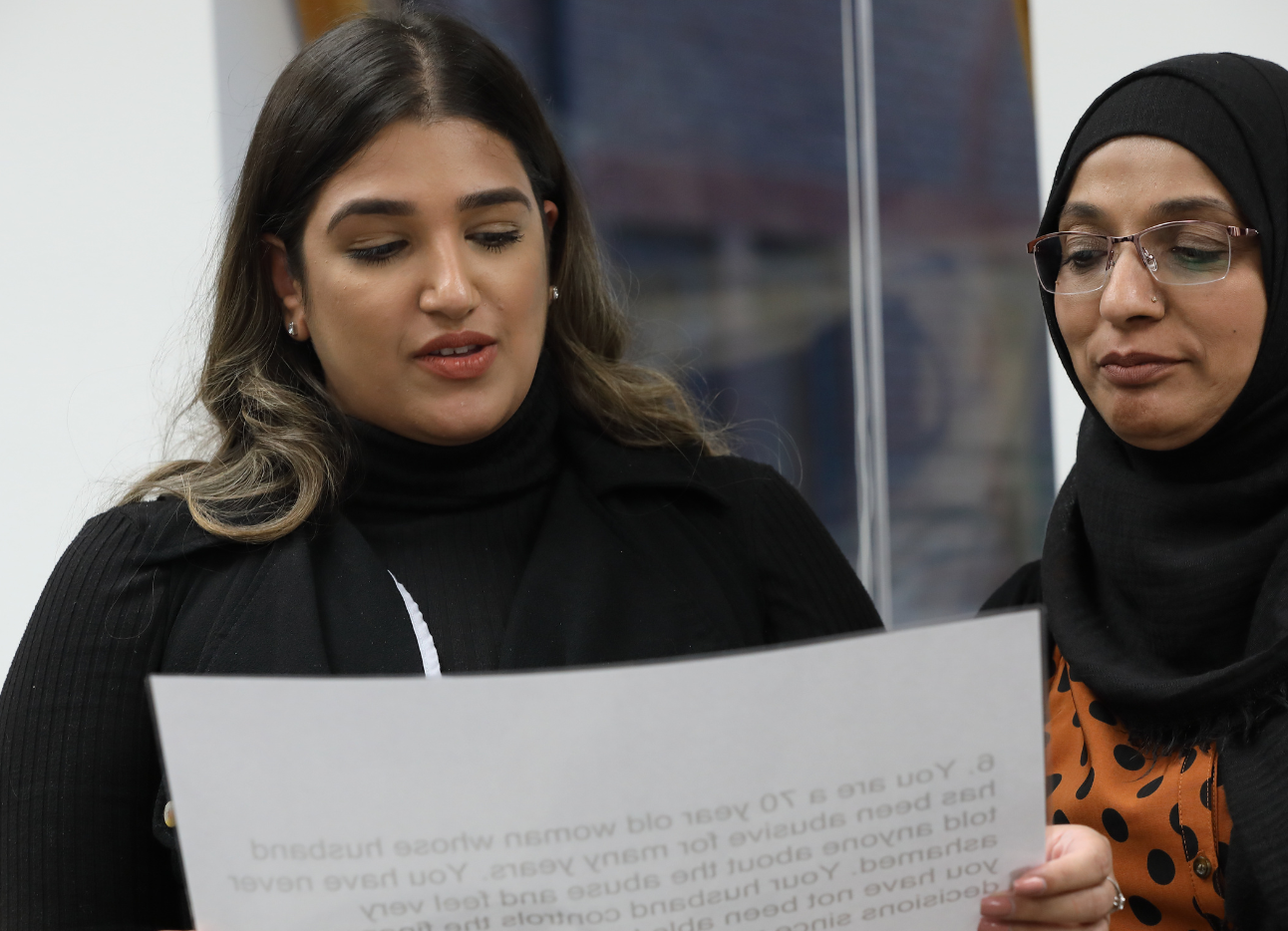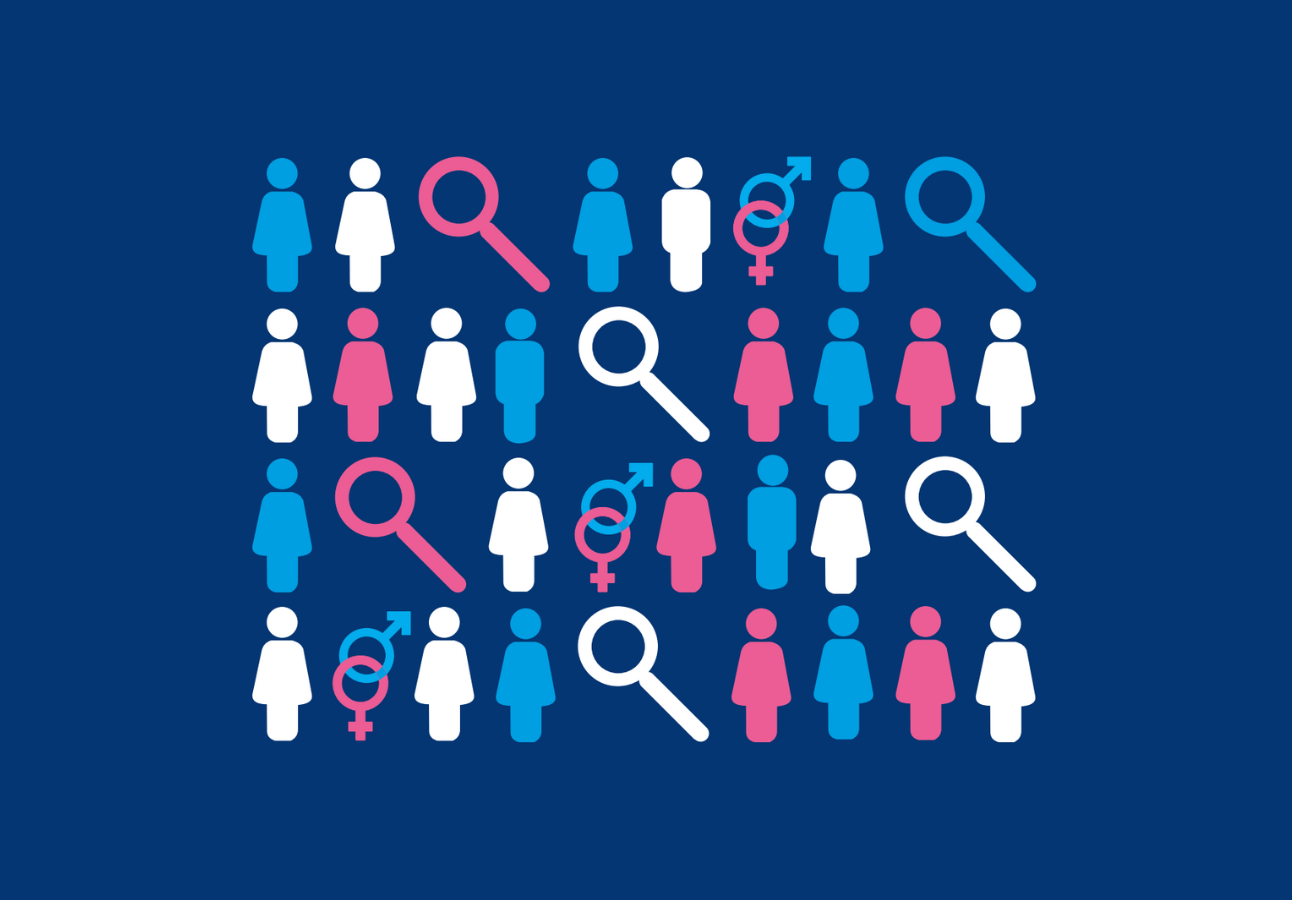
Dr Roxanne Khan: Three myths about ‘honour’-based violence
Dr. Roxanne Khan, a leading expert in ‘honour’-based violence and Director of HARM (Honour Abuse Research Matrix) dispels myths about HBV. For an audio version of this blog, scroll to the bottom of the page.
There are many myths about ‘honour’ based violence (HBV) that distort our understanding these crimes. Before we explore 3 of these myths, it is important to understand how they formed.
‘Honour’-based abuse ranges from daily pressures to maintain a “respectable” image to extreme violence for tarnishing this reputation. As HBV is often premeditated and inflicted by males against female relatives, ‘honour’ crimes seem irrational, ruthless, and indefensible.
The media’s interest in torturous ‘honour’ killings keeps HBV newsworthy, fueling public outrage and professional concern. Yet, these extreme cases often overshadow less sensationalist research findings. Graphic news stories pack an emotional punch. They steer our attention away from subtle but important details, shaping our opinions and playing a part in creating myths.
These following 3 myths, in particular, are important to dispel because they may influence the way practitioners perceive and approach victims or perpetrators of HBV and forced marriage.
Myth #1: “Males can’t be victims of HBV and forced marriage…”
Unquestionably, the majority of victims are female, yet …
- …often ignored is the abuse experienced by a notable proportion of males. Annually in the UK, for example, males represent one-fifth of cases reported to the Forced Marriage Unit and one-third of ‘honour’ killings.
- Male victims are abused for associating with a ‘dishonourable’ woman. Or if they are perceived not to be heterosexual. Gay males may be forced into marriages if their sexuality is thought to pose a threat to their family’s reputation, and so ‘coming out’ may lead to HBV.
- This ill-treatment reflects the wider abuse both men (and women) experience if they openly identify as LGBT+.
Myth #1 must be dispelled; studies show that professionals are not immune to stereotyped or prejudiced beliefs about male and LGBT+ victimisation in the name of so called ‘honour’, and this may obstruct genuine efforts to help.
Myth #2: “Females don’t commit HBV…”
Overwhelmingly, HBV is committed by male relatives, yet…
- …female relatives, particularly mothers, also inflict extreme ‘honour’ violence. In two notorious British ‘honour’ killings, the mothers of Rukhsana Naz and Shafilea Ahmed were instrumental in each of their daughter’s abuse and violent murders. While Shakeela Naz and Farzana Ahmed are currently serving life-sentences for these crimes, they still deny any wrongdoing.
- More commonly, females (unwittingly or not) amplify this abuse when they ignore, minimise, excuse, or forgive the harm caused by male kin. Women continue the cycle of violence by ‘policing’ family and community members, or spreading harmful rumours about someone’s ‘dishonourable’ behaviour. When this gossip triggers an ‘honour’ killing, it has been called “murder by language”
- So why do females, most at risk of HBV themselves, encourage or inflict it on others? Often, because they are caught between a rock and hard place. Globally, in male-controlled honour cultures, females can protect themselves with a ‘respectable’ image, and this, in part involves identifying ‘dishonour’ in others.
Despite this catch-22, Myth #2 must be dispelled as studies show that females can be just as abusive as their male counterparts. For practitioners, this means being alert to the methods of abuse used by women, as these are less easy to detect.
Myth #3: “Females ‘at risk’ of HBV condemn it…”
Females are typically HBV victims, so it is unsurprising that they strongly oppose it, yet…
- …a proportion of females, including healthcare workers, from honour cultures endorse ‘honour’ abuse and killings of other females.
- In a survey of 500 young British Asians, 18% of both males and females agreed that there was at least one reasonable excuse for committing HBV against women, ranging from disobeying a father, marrying someone unacceptable, or wanting to end a marriage [17].
- As with Myth #2, this seems contradictory, but victim-blame is a strategy commonly used by females to make sense of violence in an unjust world [18]. The strength of a woman’s religiosity might also play a part in their acceptance of HBV [19].
Myth #3 must be dispelled so educational and intervention programmes are not designed naively to assume that all females, simply based on their gender, fully disapprove of HBV [20].
These are only 3 of many myths that shape the way HBV and forced marriage is publically perceived in the UK. It is important that professionals are alert to such myths when working on HBV cases, as they may obstruct genuine efforts to combat this perplexing form of abuse.
About Dr Roxanne Khan
Dr. Roxanne Khan is a Chartered Psychologist and Senior Lecturer in Forensic Psychology at the University of Central Lancashire. An expert in family violence, she publishes and presents her research on ‘honour’-based violence to national and international audiences. Dr Khan is also Director of HARM (Honour Abuse Research Matrix), a network that connects professionals working to combat this form of abuse.
You may be interested in


‘Honour’-based abuse awareness in the workplace training

